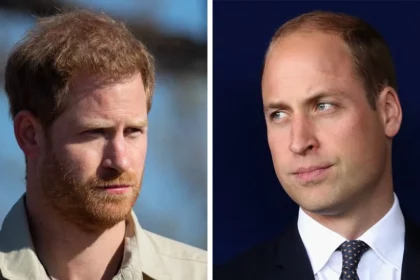Luis Rubiales, the President of the Spanish soccer federation, finds himself embroiled in a controversy that has ignited conversations about gender dynamics and professionalism in the sporting world. The uproar stems from an unanticipated kiss he planted on the lips of player Jenni Hermoso during the celebratory aftermath of Spain’s triumph in the Women’s World Cup. As the incident continues to dominate headlines, Spain’s gender issues and broader discussions on consent and personal boundaries are being thrust into the spotlight.
The incident unfolded in the wake of Spain’s historic victory against England in the final match of the Women’s World Cup, resulting in the country’s first-ever world cup title. Amid the jubilant atmosphere, Rubiales awarded the Spanish team gold medals, but it was his spontaneous gesture toward Hermoso that stirred controversy.
Addressing the incident, Rubiales offered an apology through a video statement released by the soccer federation. He acknowledged his mistake, admitting, “Surely I was wrong, I have to admit. It was without bad faith at a time of maximum effusiveness.”
As the team returned to Madrid, Rubiales chose not to comment on the incident, instead emphasizing the significance of the victory and the ensuing celebrations. Hermoso’s candid response to the kiss, revealed in video footage, indicated that she “didn’t like it,” which led to widespread attention and debate.
However, Hermoso later presented a different perspective, downplaying the incident through a statement conveyed to the Spanish news agency EFE by the federation. In her statement, she characterized the kiss as a mutual, spontaneous display of joy and gratitude, fueled by the exhilaration of winning a World Cup.
Beyond the kiss with Hermoso, video evidence revealed that Rubiales shared similar gestures of affection with other players, kissing them on the cheek and embracing them during medal presentations. The celebratory atmosphere also witnessed Rubiales enthusiastically celebrating alongside Spain’s Queen Letizia.
The incident has ignited discussions about gender dynamics in Spain, a country that has seen significant legal reforms around gender change, abortion, and sex work. The incident has struck a chord with Spanish government officials, including Acting Second Deputy Prime Minister Yolanda Diaz and Acting Culture and Sports Minister Miquel Iceta, both of whom criticized Rubiales’ actions. Diaz called for his resignation, asserting that the incident was an attack on a woman and was utterly unacceptable.
The incident has further highlighted Spain’s ongoing conversations about gender equality and consent. Acting Gender Equality Minister Irene Montero characterized the non-consensual kiss as a form of gender violence that women experience daily, emphasizing the need to avoid normalizing such behavior.
While Rubiales initially shrugged off the criticism, his subsequent apology demonstrated a change in stance. He not only expressed regret to Hermoso but also to those who raised concerns about the incident. As discussions surrounding the incident persist, Spain’s societal dialogue on gender and personal boundaries takes on renewed significance, prompting broader reflection on the actions and attitudes that shape the sporting world.




